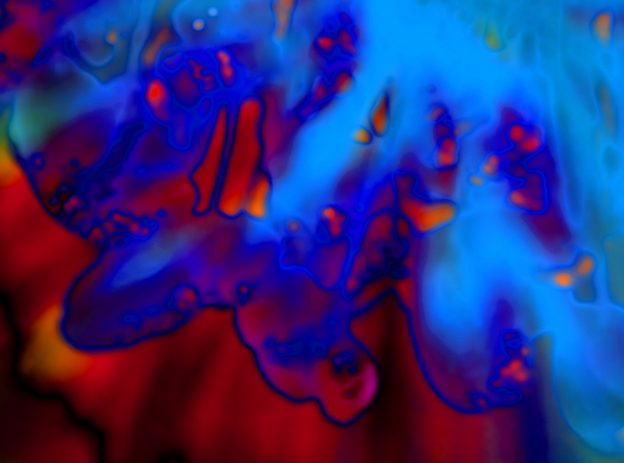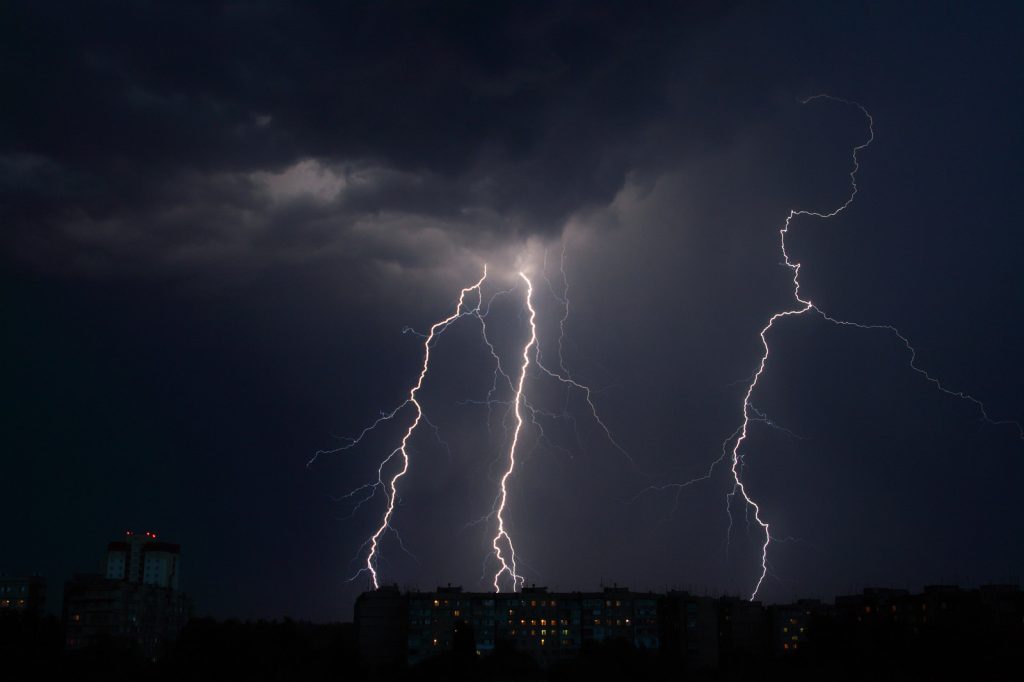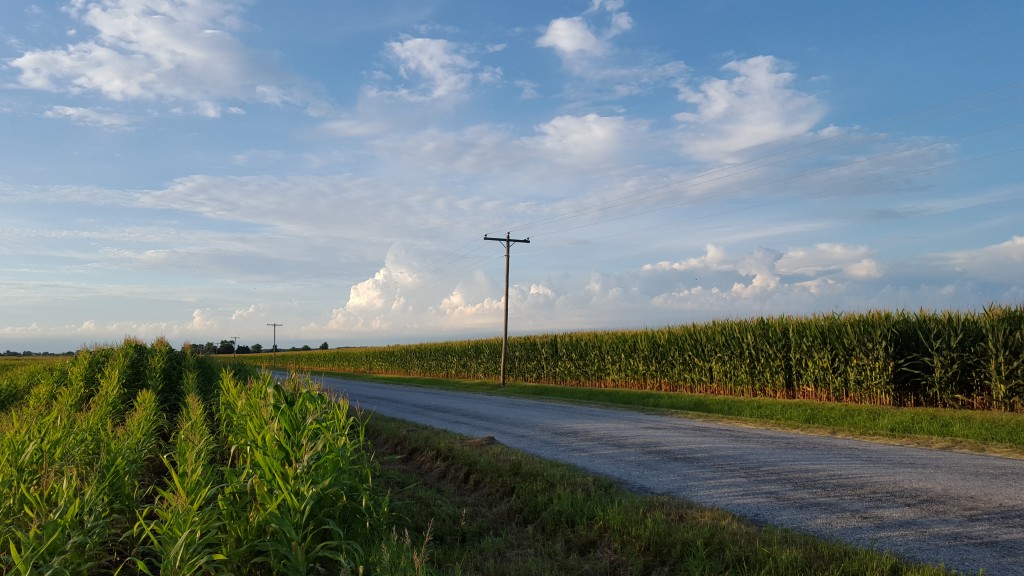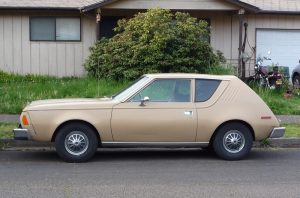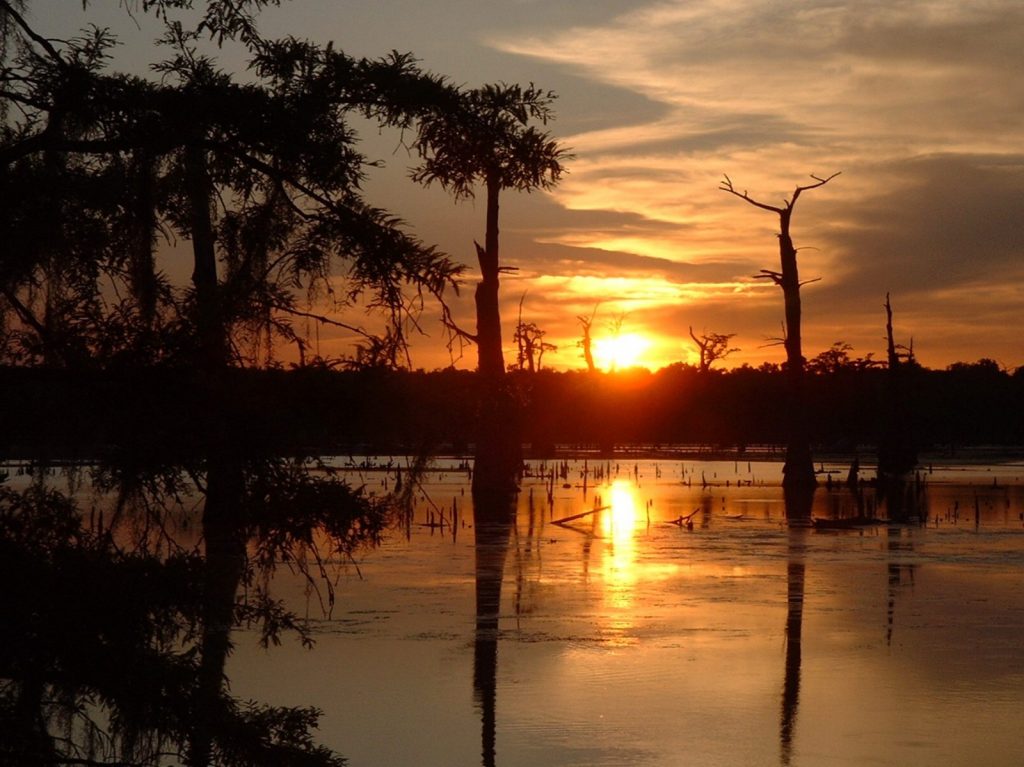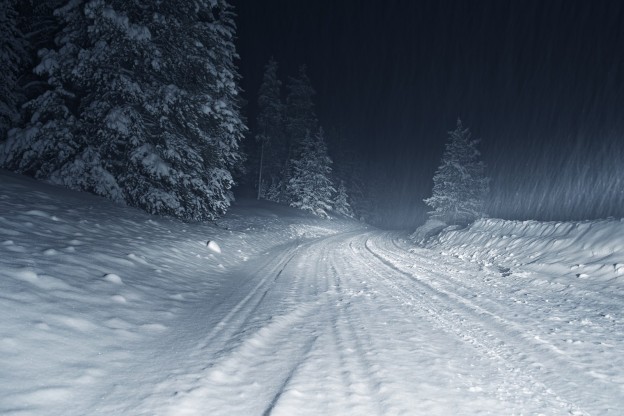I worked the midnight shift as an orderly at the local hospital during the summer of 1971, often stayed up late or all night when I wasn’t working so I could maintain the same biorhythm. Sometimes I’d listen to the radio, which in the mid-1960s, fed us a steady diet of three-minute paeans to love, life and the pursuit of the fairer sex. The main sources of pop music in our central Illinois town were Chicago AM stations WLS and WCFL. WLS was the favorite with a host of memorable jocks: Art Roberts, John Records Landecker, Dick Biondi, Clark Weber and the irascible Larry “Uncle Lar’” Lujack.
Pop music started to change during the late 1960s to heavier stuff like Led Zeppelin, Rolling Stones, Crosby, Stills and Nash, Steppenwolf, The Hollies, The Kinks and The Who. Two of The Turtles joined Frank Zappa and the Mothers for a raunchy concert at the Fillmore East. Even the Four Lads from Liverpool had gone to the dark side of drugs, mystical music, and infighting. John Lennon took a lot of shit for claiming the Beatles were more popular than Jesus Christ. We scoured the White Album’s inserts for clues to Paul McCartney’s “death.”
A few of my friends and I were the “goddam hippie-freaks,” as if small-town America had hippies in the early 1970s. High school dress codes banned long hair and beards. Girls still had to wear skirts, even during a -20° windchill winter. There was no heavy drug use (at least of which I was aware). One of our classmates was found sitting up in a sleeping bag in a garage, dead after sniffing airplane glue. Don tried putting peyote buttons in a Dairy Queen strawberry milkshake only to promptly puke it up. Herb bought a test tube of marijuana – mostly stems and seeds – which we stared at intently while huddled in the back of his dad’s Econoline van. I imagined the police would bust in on us at any moment and we’d spend the rest of our lives doing hard time in Stateville among murderers and thieves.
Our band of gypsies gravitated towards less conventional groups, the stuff one would never hear on Top 40 radio: Pink Floyd, Emerson Lake and Palmer, Quicksilver Messenger Service, Peter Green’s Fleetwood Mac, Santana, Traffic, The Band, Grateful Dead and Hendrix. While our classmates listened to The Who’s Tommy, we were splitting our eardrums listening to Live at Leeds, Hendrix’s Electric Ladyland, and Roger Waters’ piercing scream in “Careful With That Axe, Eugene” from Ummagumma. In 1969, Jefferson Airplane’s rebellious Volunteers was the first rock album to get “motherfucker” past the censors (although the OCR of Hair beat them by two years).
A year later, Paul Kantner released Blows Against the Empire, with collaborators Jerry Garcia, Mickey Hart, David Crosby, Graham Nash, and others. The album was a counter-culture fantasy about hijacking a star ship and leaving the earth for utopian pastures, getting a Hugo Award nomination.
One night, while fiddling with the tuner on my compact stereo, I stumbled across a world of music, largely foreign to small-town Midwestern ears, on a radio station out of Little Rock, Arkansas.
KAAY 1090AM is a 50,000-watt radio station in Little Rock, Arkansas. I could only pick up after 10 pm when all the smaller stations shut down for the night. Hearing it for the first time reminded me of when I discovered Radio Havana in 1967 on a leather-clad shortwave transistor radio my grandfather had given me. (Ironically, KAAY also reached Cuba, subverting the “ideological purity” of a generation of Cuban youth. Fast forward 50 years and the Stones play in Havana.)
From 10pm until 2am Clyde Clifford (real name: Dale Seidenschwarz), a laid-back guy with a smooth baritone voice, hosted Beaker Street on “The Mighty Ten Ninety.” It was four hours of “underground” music: much longer tracks; complex musical structures instead of the three-chord formula of pop music; and sometimes controversial subjects. The show’s intro – click here– used a segment of Jimi Hendrix’s If Six Was Nine. Later the intro used a snippet of “House of the Rising Sun” done on a MOOG synthesizer.
Beaker Theater followed at 2 am, broadcasting old radio plays. The only one I remember was a dramatization of Isaac Asimov’s “Nightfall,” a short story about a civilization on a planet with six suns goes mad when an eclipse that occurs once every 2000 years brings total darkness, something they’ve never experienced. (Click here to listen.)
The KAAY managers were too cheap to pay both a DJ and an engineer, so Clyde did both, broadcasting Beaker Street from the station’s transmitter site in Wrightsville, AR instead of the studio in downtown Little Rock. Between song tracks Clyde played ethereal background “music” from “Cannabis Sativa,” by Head, to cover the transmitter’s sounds. Occasionally it ran for several minutes, leading me to believe Clyde had either nodded off or was taking a bathroom break.
Beaker Street introduced me to obscure groups and albums. Spooky Tooth. The Flock. Hawkwind. Bloodrock. King Crimson. Black Oak Arkansas. Black Sabbath, long before Ozzy became an addled old man yelling “Sharon!” Sometimes I’d tape parts of the show with my cassette recorder. The nature of analog tuners meant the signal would periodically drift in and out, interrupting the track, but that was part of the charm when I listened to the tapes years later.
One of my favorites is Jamie Brockett’s “Legend of the USS Titanic.” It’s a completely bizarre fictional account combining historical fact (Jack Johnson, was a turn-of-the-century black boxer), blatant inaccuracies (there was no U.S.S. Titanic), racial stereotypes (“Jews from Miami trading wives and Cadillacs and diamonds”), and modern drug culture (a dope-smoking first mate who carries around “four hundred ninety-seven and a half feet of rope”). The track, running a then unheard-of 13½ minutes, explains the ship sank after the captain, stoned out of his mind, went mano a mano with the iceberg.
Many people remember Welsh guitarist Dave Edumuds for his 1971 AM hit “I Hear You Knockin’.” I remember him for Love Sculpture’s album Forms and Feelings. A heavy metal version of “Mars,” from Gustav Holst’s orchestral suite The Planets, segues into an “amphetamine-fueled rave-up” of Khachaturian’s “Sabre Dance,” which concludes with the last few bars from The William Tell Overture. (“Mars” wasn’t on the original U.K. Parlophone release of Forms and Feelings due to a dispute with the Holst estate, but was included in the U.S. Parrot release.) I kicked myself for not buying the album when I first saw it in the early 1970s before it went out of print. I spent the next four decades years looking for either an LP or CD version, finally acquiring the latter in 2008.
But one song was totally unlike most of what aired on Beaker Street. Late one night I heard “White Bird”, a haunting song by an obscure group with the unlikely name It’s A Beautiful Day. It was exquisite; I would think about it when I stared out of an empty hospital room window during my 2 am break. I began a frantic search for the album, eventually finding it at Arlan’s discount store in Peru, IL, about 30 miles from home.
Clyde left Beaker Street in 1972; the program continued with other personalities until it was taken off the air in 1985. The show was resurrected in 1995 on various Arkansas FM stations before taking another bow in 2011.
Now die-hard fans congregate on the Beaker Street / Clyde Clifford Fans Facebook page, reminiscing about the music that defined us and decrying what passes for contemporary music now. One can now listen to Beaker Street on Friday nights at 9pm Central on the Arkansas Rocks Radio Network.
Some would argue our music was better than what came before and after, but that would be missing the point. Every generation continues the tradition of adding onto that invisible road, paved with infinite combinations of just twelve notes, stretching back millennia. Our music was just a scenic turnout along the way.
Favorite Albums From High School
Jimi Hendrix – Electric Ladyland
The Who – Live at Leeds
Paul Kantner – Blows Against the Empire
Quicksilver Messenger Service – Happy Trails and Just for Love
Derek and the Dominos – Layla and Other Assorted Love Songs
Rolling Stones – Let It Bleed
Pink Floyd – Ummagumma
The Band – Music from Big Pink
Jefferson Airplane – Volunteers
The Doors – Weird Scenes Inside the Gold Mine (2-LP compilation)
Beaker Street Staples
Buffalo Springfield: For What It’s Worth
Black Oak Arkansas: Lord Have Mercy on My Soul
Chambers Brothers: Time Has Come Today
Spirit: Animal Zoo, Morning Has Come
King Crimson: The Court of the Crimson King
The Flock: Green Slice / Big Bird
The Animals: Sky Pilot
Spooky Tooth: Tobacco Road, I Am The Walrus
Vanilla Fudge: You Keep Me Hanging On
Mason Proffit: Two Hangmen
Bloodrock: DOA
Featured image: © Can Stock Photo / photoslb
